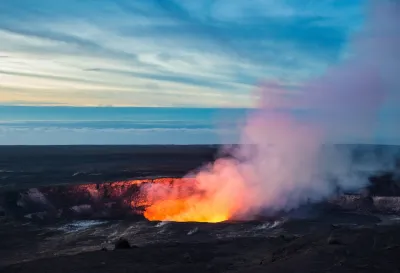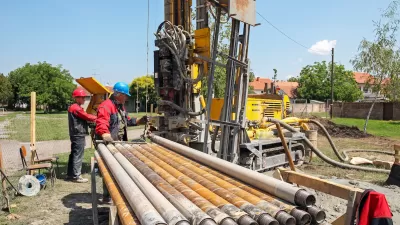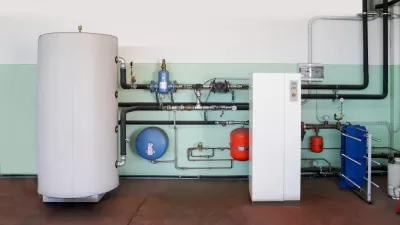Gavin Murphy, a New Zealand-based consultant with experience in indigenous-led geothermal projects, argues that Hawaiʻi is poised to achieve energy independence and economic growth by respectfully developing its untapped geothermal resources.

In this commentary, Gavin Murphy—a longtime advocate for economic development and former CEO of Trust Tairāwhiti, a regional community trust in New Zealand—shares his reflections on a recent visit to Hawaiʻi, where he met with Native Hawaiian geothermal advocates, state officials, and lawmakers. Murphy, who has supported indigenous-led geothermal projects in Aotearoa (New Zealand), sees Hawaiʻi at a critical juncture: residents of Hawaiʻi Island face the nation’s highest energy costs, and outmigration is rising as families struggle to afford basic living expenses. As reported by Murphy, the Hawaiʻi Department of Business, Economic Development and Tourism (DBEDT) is committed to identifying and developing geothermal sites to help stabilize electricity prices and boost local economic growth.
Murphy draws compelling parallels between Māori and Native Hawaiian cultural values, emphasizing the importance of respecting spiritual ties to geothermal resources. In both cultures, geothermal energy is considered a sacred treasure — taonga in Māori and connected to Tūtū Pele, the volcano goddess, in Hawaiian tradition. While New Zealand began producing geothermal power in 1958, Hawaiʻi only began in 1993, and now faces an urgent need to shift from costly imported fossil fuels to local, firm renewable sources. With a goal of reaching 100% renewable energy on the neighbor islands by 2035, DBEDT’s efforts—alongside an outreach plan by Waika Consulting to develop a 50–100MW power plant—are timely and necessary.
Murphy, who collaborated on New Zealand geothermal projects such as Te Ahi O Maui and Taheke 8C, believes Hawaiʻi can replicate that success. With strong support from Governor Josh Green, Mayor Mitch Roth, and other state leaders, he sees geothermal development as a transformative opportunity for the islands. By integrating indigenous leadership, cultural sensitivity, and long-term planning, Hawaiʻi has a chance to build a more sustainable, equitable energy system—one that benefits families, businesses, and future generations.
FULL STORY: Hawaiʻi Is On The Threshold Of A New Era Of Renewable Energy

Alabama: Trump Terminates Settlements for Black Communities Harmed By Raw Sewage
Trump deemed the landmark civil rights agreement “illegal DEI and environmental justice policy.”

Planetizen Federal Action Tracker
A weekly monitor of how Trump’s orders and actions are impacting planners and planning in America.

The 120 Year Old Tiny Home Villages That Sheltered San Francisco’s Earthquake Refugees
More than a century ago, San Francisco mobilized to house thousands of residents displaced by the 1906 earthquake. Could their strategy offer a model for the present?

Opinion: California’s SB 79 Would Improve Housing Affordability and Transit Access
A proposed bill would legalize transit-oriented development statewide.

Record Temperatures Prompt Push for Environmental Justice Bills
Nevada legislators are proposing laws that would mandate heat mitigation measures to protect residents from the impacts of extreme heat.

Downtown Pittsburgh Set to Gain 1,300 New Housing Units
Pittsburgh’s office buildings, many of which date back to the early 20th century, are prime candidates for conversion to housing.
Urban Design for Planners 1: Software Tools
This six-course series explores essential urban design concepts using open source software and equips planners with the tools they need to participate fully in the urban design process.
Planning for Universal Design
Learn the tools for implementing Universal Design in planning regulations.
Clanton & Associates, Inc.
Jessamine County Fiscal Court
Institute for Housing and Urban Development Studies (IHS)
City of Grandview
Harvard GSD Executive Education
Toledo-Lucas County Plan Commissions
Salt Lake City
NYU Wagner Graduate School of Public Service





























